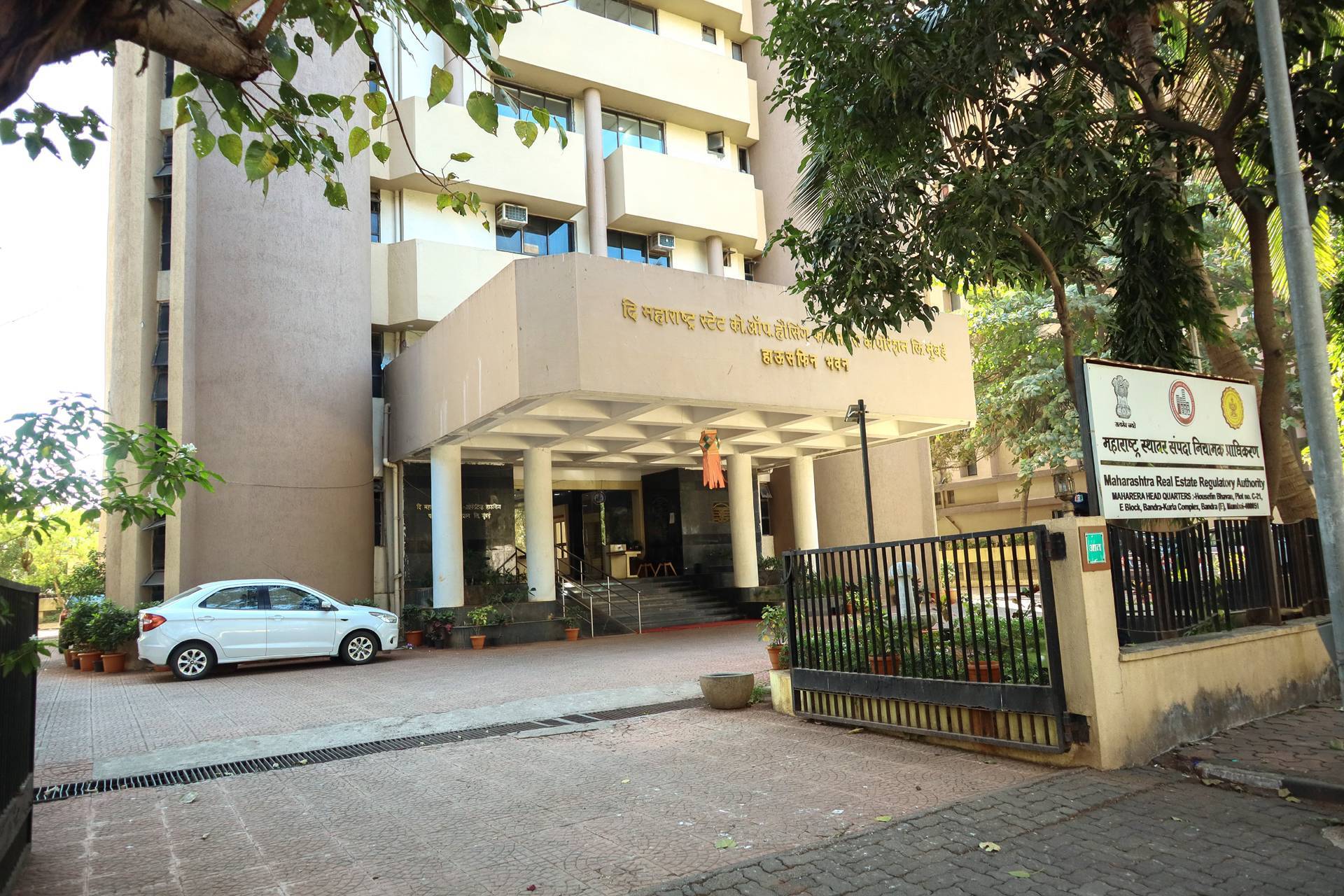According to the latest Cap Rates Report released by Colliers, the office sector has recorded the most movement in cap rates in Q2 2024 across the Asia Pacific markets. Sales transaction volumes across the APAC region have remained relatively low, with lease transactions accounting for the majority of the volume. Interest rates are stable, and H2 2024 will likely see more investment activity.
There has been a healthy movement in the office and retail sectors in the Mumbai region; office rentals have jumped 1-2% QoQ and some premium micro markets have recorded rentals that are 20% higher than the average, owing to superior construction and global amenities. With the CPI inflation dropping below 5% and RBI targeting inflation of 4.5% for FY-25, consumer spending is expected to see an upward trajectory, allowing retail landlords to achieve better lease terms.
In Bangalore, the cap rates for logistics and warehousing assets continue to remain flat Q-o-Q with significant volume registered in lease transactions. Similarly, rental rates and capital values for the Grade A commercial office segment have been flat with no significant change. Though the interest rate regime is stable, the impact on the cap rate movement is limited due to transaction volumes and perceived risk not changing much.
“Rentals of Grade A establishments in Mumbai have jumped 1-2% QoQ and in June-24, Mumbai witnessed one of the highest lease rental transactions in India. This surge in rental prices reflects the growing preference of occupiers who are willing to pay a premium for well-equipped, premium spaces. In Bangalore, investors’ participation has been low in the organized retail segment, with the exception of high street retail where some traction has been recorded. This has been limited to leasing and therefore cap rates continue to remain stable,” says Ajay Sharma, Managing Director, Valuation Services, Colliers India.
In Q2 2024, sales transaction volumes across the APAC region remained relatively low, with lease transactions accounting for the majority of the volume. Interest rates have stabilized, though the anticipated easing has yet to materialize. A gradual easing is expected in the second half of 2024, which could stimulate investment activity.
Key Highlights in Q2 2024
Office sector
- In Q2, a 50% stake in 5 Martin Place, Sydney, was sold for AUD 296.2M, reflecting a 15% discount to the prior reported book value from December last year.
- The Bangkok office sector saw a stable cap rate after a slight increase in the previous quarter. Although headline rates appear to be rising, actual transaction rates have remained generally consistent QoQ.
- Beijing’s Grade A office market is gradually picking up, with net absorption steadily increasing, although still below pre-pandemic levels.
- The office market is under pressure in some APAC cities like Hong Kong, Manila and Shanghai, where vacancy rates are rising. Tenants are seeking space improvements and optimization before considering relocation or expansion. In contrast, markets like Seoul and Singapore have relatively limited supply and persistent demand.
- Office rentals have increased by 1-2% quarter-on-quarter in Mumbai, with a growing preference for premium buildings with modern amenities and green certifications. Rents for new office supply are up to 20% higher than average rentals in select premium micro markets due to superior construction and amenities.
- The sale of the Vero Centre (subject to the Overseas Investment Office approval) illustrates the ongoing appeal of New Zealand located prime grade office assets to international investors.
- Singapore’s conducive business climate may lead to a compression in the cap rates for prime office, given the limited supply, tight occupancy, and healthy rental growth.
Retail sector
- The Beijing retail market shows stable growth, driven by increased consumer confidence, particularly in sports, outdoor activities, and food & beverage. In China, the inclusion of retail malls in the China Real Estate Investment Trust (C-REIT) is expected to improve liquidity in this segment.
- In India, with CPI inflation recently dipping below 5% and the Reserve Bank of India (RBI) aiming for a 4.5% inflation target in FY2025, consumer spending is anticipated to follow an upward trend. Mumbai retail landlords are likely able to achieve better lease terms, leading to improved financial realization compared to the current average, and a gradual increase in rental rates.
- Singapore retail sector remains stable, backed by healthy tourist numbers and F&B openings.
Conclusion
The Q2 2024 APAC Cap Rates Report by Colliers highlights significant trends and movements across the office and retail sectors. The office sector, particularly in cities like Mumbai and Sydney, has shown notable cap rate movements, driven by increasing demand for premium spaces and stable interest rates. The retail sector is poised for growth with rising consumer spending, especially in markets like Mumbai and Beijing.
In the second half of 2024 approaches, the anticipated easing of interest rates is expected to stimulate investment activity, potentially leading to further cap rate adjustments and dynamic market changes. Colliers' report underscores the importance of understanding regional trends and market-specific factors, offering valuable insights for investors and stakeholders navigating the evolving landscape of APAC real estate.









.png)